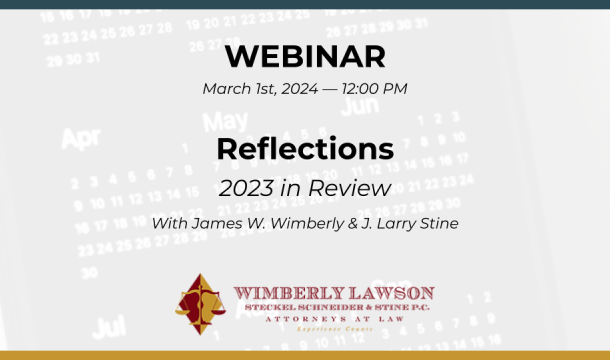Uber Pays $100 Million to Keep Independent Contractor Business Model
Labor unions and some government entities have criticized a number of "sharing economy" companies such as Uber, Lyft, AirBNB and others, on the basis that they deny their personnel employment rights and make it impossible to form a union. Federal Express has been under constant legal attack for utilizing independent contractor drivers. One case involving Uber addresses state laws in California and Massachusetts, where a federal judge in San Francisco certified a class of drivers seeking employee status and reimbursement for withheld tips. The judge found the drivers' situations were similar enough that the case could be resolved on a class-wide basis. The judge denied certification, however, for the claim of reimbursements for driving expenses, and with respect to drivers who signed up with Uber more recently after Uber instituted an arbitration clause limiting class actions and requiring such cases to be resolved in arbitration, not court. O'Connor v. Uber Technologies, Inc., No. 13-3826 (N.D. Cal.). The judge also ruled that the question of whether the Uber drivers were employees would go to a jury rather than be determined as a matter of law.
The settlement was announced on April 20, 2016 in which Uber agreed to pay the drivers in question up to $100 million with at least $84 million of it guaranteed. Significantly, the settlement allows Uber to maintain its business model in keeping its California and Massachusetts drivers as independent contractors, and makes certain interesting if not important changes in its business practices. For example, Uber made a significant concession on deactivation that insures that drivers are only set out "for sufficient cause" and "not at will." Uber will give drivers advance notice of their being deactivated and allow them to appeal their deactivation to a drivers' board.
In an interesting development, drivers will have the chance to form an "association" that will expressly not be a labor union. However, the association will act as a vehicle for bringing grievances to management's attention. The agreement specifically provides that the association "will not have the right or capacity to bargain collectively with Uber." The Uber settlement, that still must be approved by the judge, is similar to the settlement reached earlier this year involving Lyft drivers. Nothing in this settlement precludes a future agency or court from claiming Uber drivers are actually employees rather than independent contractors. Uber will undoubtedly remain in litigation on this issue in other cases as well as face union or other organizing campaigns by its drivers.
In a related development, the home-sharing startup AirBNB is having serious discussions with the Service Employees International Union (SEIU) to reach some type of an agreement in which its home-sharing service would use unionized housekeepers. Such a partnership would be highly publicized given that labor unions, including SEIU, have long been vocal opponents of AirBNB and other "sharing economy" startups. Critics of the partnership contend that labor unions have long fought a company that they contend advertises illegal hotels, and that the partnership is nothing but a cover to an American corporation for union dues for a few members.
Editor's Note - Independent contractor relationships seem to be under attack from all angles. Some companies wonder whether such relationships are worth the potential legal costs and exposure. Most have decided that the answer is yes, as the use of independent contractor relationships is expanding, not declining. However, caution and planning is necessary to avoid serious legal problems.
Related Content
Get Email Updates

NLRB to Seek Rescission of past Discipline Imposed under Overbroad Employer Work Rules

Do Drive Cam Cameras inside Trucks Violate Employee Rights?

Amazon Considers Risk When Investigating Employee Misconduct

Latest NLRB Attack Goes beyond Non-Compete Agreements to Reach Outside Employment

NLRB Board Addresses BLM Insignia at Work




